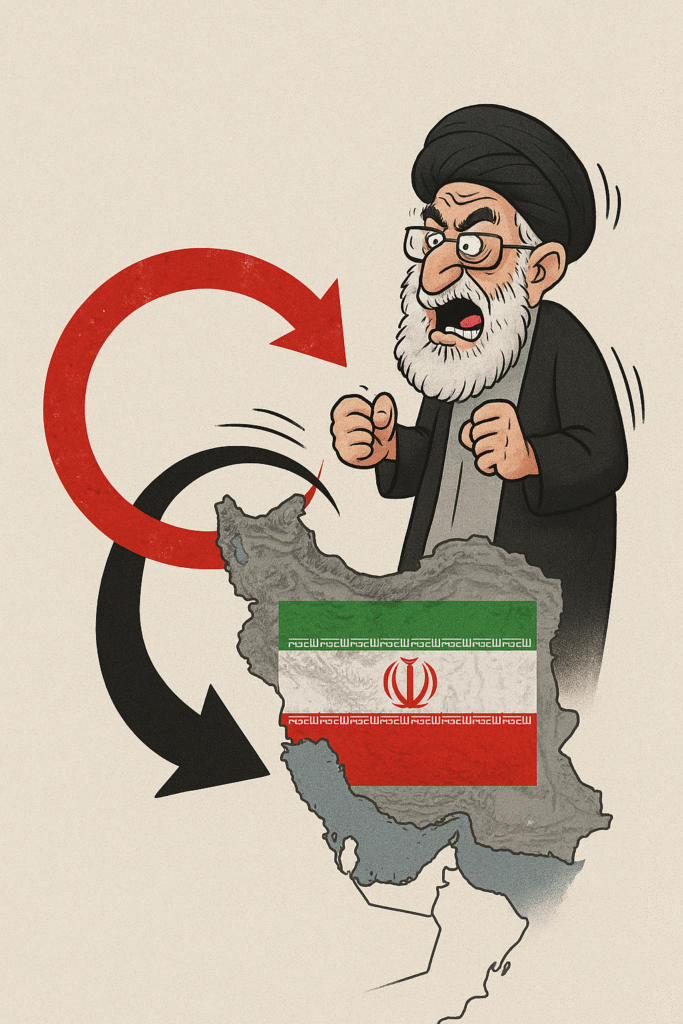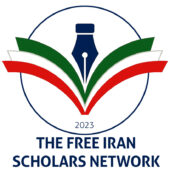Dr. Sofey Saidi (PhD International Relations), Geneva School of Diplomacy & International Relations

Last week marked a watershed moment in international politics: the formal reimposition of United Nations sanctions on Iran under the 2231 “snapback” mechanism. This action, far from being a simple policy adjustment, represents a decisive break from years of accommodation with Tehran’s clerical regime. It signals the end of an era of appeasement and the beginning of a new chapter in which accountability, pressure, and solidarity with the Iranian people take center stage.
Why Snapback Sanctions Matter
The snapback of sanctions is not symbolic—it has material consequences. By restoring restrictions on Iran’s arms trade, missile program, and financial networks, the regime is denied critical resources it has long used to finance repression at home and destabilization abroad. For decades, oil revenues and access to global markets funded the Revolutionary Guards, regional militias, and a vast surveillance apparatus designed to suffocate dissent.
Cutting these financial lifelines weakens the ruling elite’s grip on power while simultaneously empowering ordinary Iranians. It restores the balance between an entrenched dictatorship and a population that has repeatedly shown its desire for freedom, from the student protests of 1999 to the nationwide uprisings in recent years.
The End of Appeasement
For far too long, Western governments relied on engagement and concessions in the hope of moderating Tehran’s behavior. Instead, these policies emboldened the regime, offering it legitimacy and resources while silencing the democratic aspirations of the Iranian people. With the activation of the snapback mechanism, the international community has drawn a clear line: violations of global norms and repression of citizens will no longer be met with indulgence.
This is not only about nuclear non-proliferation—it is about political morality. By holding the regime accountable, the world affirms that the Iranian people, not their unelected rulers, deserve to be at the heart of international engagement.
Pathway to Democratic Alternative
Sanctions alone will not topple a dictatorship, but they create conditions for change by undermining the tools of repression and delegitimizing the regime. In this vacuum, the Iranian people’s democratic aspirations can emerge more clearly, supported by organized opposition movements.
One such alternative is embodied in the National Council of Resistance of Iran (NCRI), whose president-elect Maryam Rajavi has outlined a 10-point plan for a free and democratic Iran. Her vision includes:
- Free and fair elections under universal suffrage.
- Freedom of expression, press, and political parties.
- Abolition of the death penalty.
- Separation of religion and state.
- Full gender equality in political, social, and economic rights.
- Independent judiciary and rule of law.
- Commitment to international human rights treaties.
- Equal rights for ethnic and religious minorities.
- A modern, non-nuclear Iran.
10.A peaceful foreign policy and regional cooperation.
This program represents not just a rejection of dictatorship, but a roadmap for a pluralistic and democratic republic, an Iran that is aligned with the universal values of human rights and dignity.
Conclusion: A Moment of Decision
History rarely offers such decisive moments. The snapback sanctions reframe the struggle: no longer a contest between hardliners and so-called moderates within the regime, but between dictatorship and democracy itself. The Iranian people, already resilient in the face of extraordinary repression, now have the chance to push forward with international support at their backs.
Yesterday’s sanctions were not simply punitive, they were liberating. They give voice to millions who dream of an Iran free from tyranny and open the path to a democratic alternative that is already waiting in the wings.
